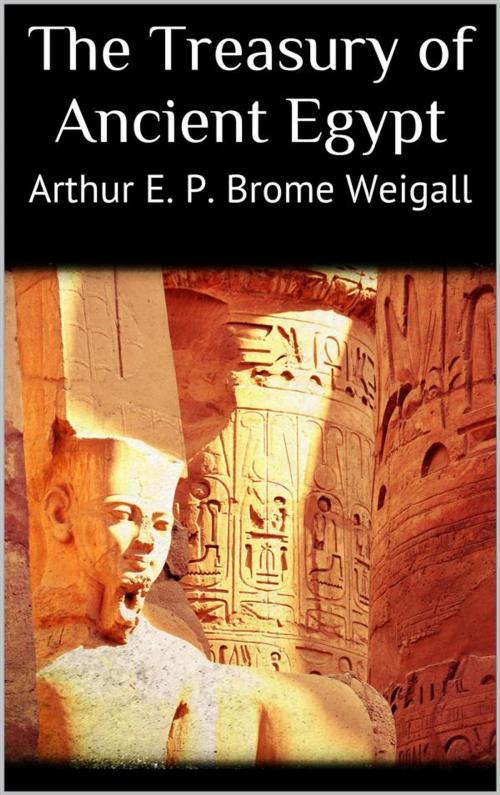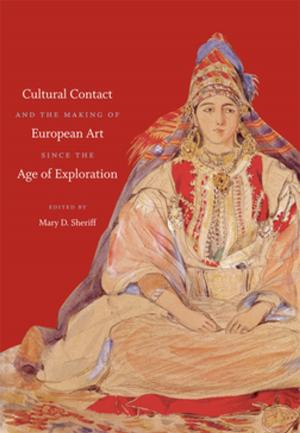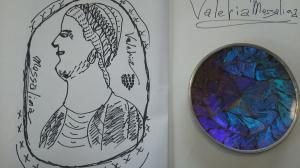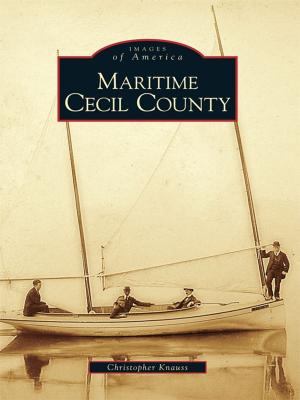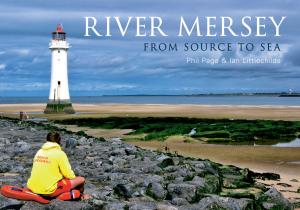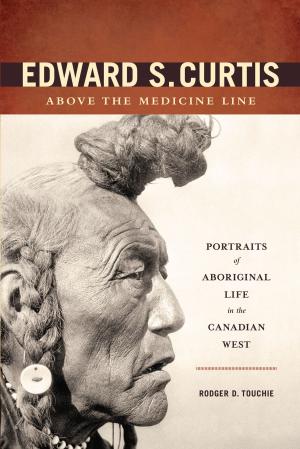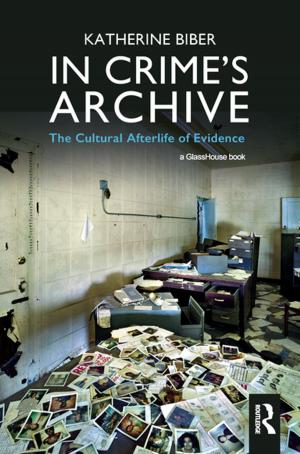The Treasury of Ancient Egypt
Nonfiction, Social & Cultural Studies, Social Science, Archaeology, Art & Architecture, Art History| Author: | Arthur E. P. Brome Weigall | ISBN: | 9788892551794 |
| Publisher: | Arthur E. P. Brome Weigall | Publication: | February 9, 2016 |
| Imprint: | Language: | English |
| Author: | Arthur E. P. Brome Weigall |
| ISBN: | 9788892551794 |
| Publisher: | Arthur E. P. Brome Weigall |
| Publication: | February 9, 2016 |
| Imprint: | |
| Language: | English |
The archæologist whose business it is to bring to light by pick and spade the relics of bygone ages, is often accused of devoting his energies to work which is of no material profit to mankind at the present day. Archæology is an unapplied science, and, apart from its connection with what is called culture, the critic is inclined to judge it as a pleasant and worthless amusement. There is nothing, the critic tells us, of pertinent value to be learned from the Past which will be of use to the ordinary person of the present time; and, though the archæologist can offer acceptable information to the painter, to the theologian, to the philologist, and indeed to most of the followers of the arts and sciences, he has nothing to give to the ordinary layman.
In some directions the imputation is unanswerable; and when the interests of modern times clash with those of the past, as, for example, in Egypt where a beneficial reservoir has destroyed the remains of early days, there can be no question that the recording of the threatened information and the minimising of the destruction, is all that the value of the archæologist's work entitles him to ask for. The critic, however, usually overlooks some of the chief reasons that archæology can give for even this much consideration, reasons which constitute its modern usefulness; and I therefore propose to point out to him three or four of the many claims which it may make upon the attention of the layman.
The archæologist whose business it is to bring to light by pick and spade the relics of bygone ages, is often accused of devoting his energies to work which is of no material profit to mankind at the present day. Archæology is an unapplied science, and, apart from its connection with what is called culture, the critic is inclined to judge it as a pleasant and worthless amusement. There is nothing, the critic tells us, of pertinent value to be learned from the Past which will be of use to the ordinary person of the present time; and, though the archæologist can offer acceptable information to the painter, to the theologian, to the philologist, and indeed to most of the followers of the arts and sciences, he has nothing to give to the ordinary layman.
In some directions the imputation is unanswerable; and when the interests of modern times clash with those of the past, as, for example, in Egypt where a beneficial reservoir has destroyed the remains of early days, there can be no question that the recording of the threatened information and the minimising of the destruction, is all that the value of the archæologist's work entitles him to ask for. The critic, however, usually overlooks some of the chief reasons that archæology can give for even this much consideration, reasons which constitute its modern usefulness; and I therefore propose to point out to him three or four of the many claims which it may make upon the attention of the layman.
